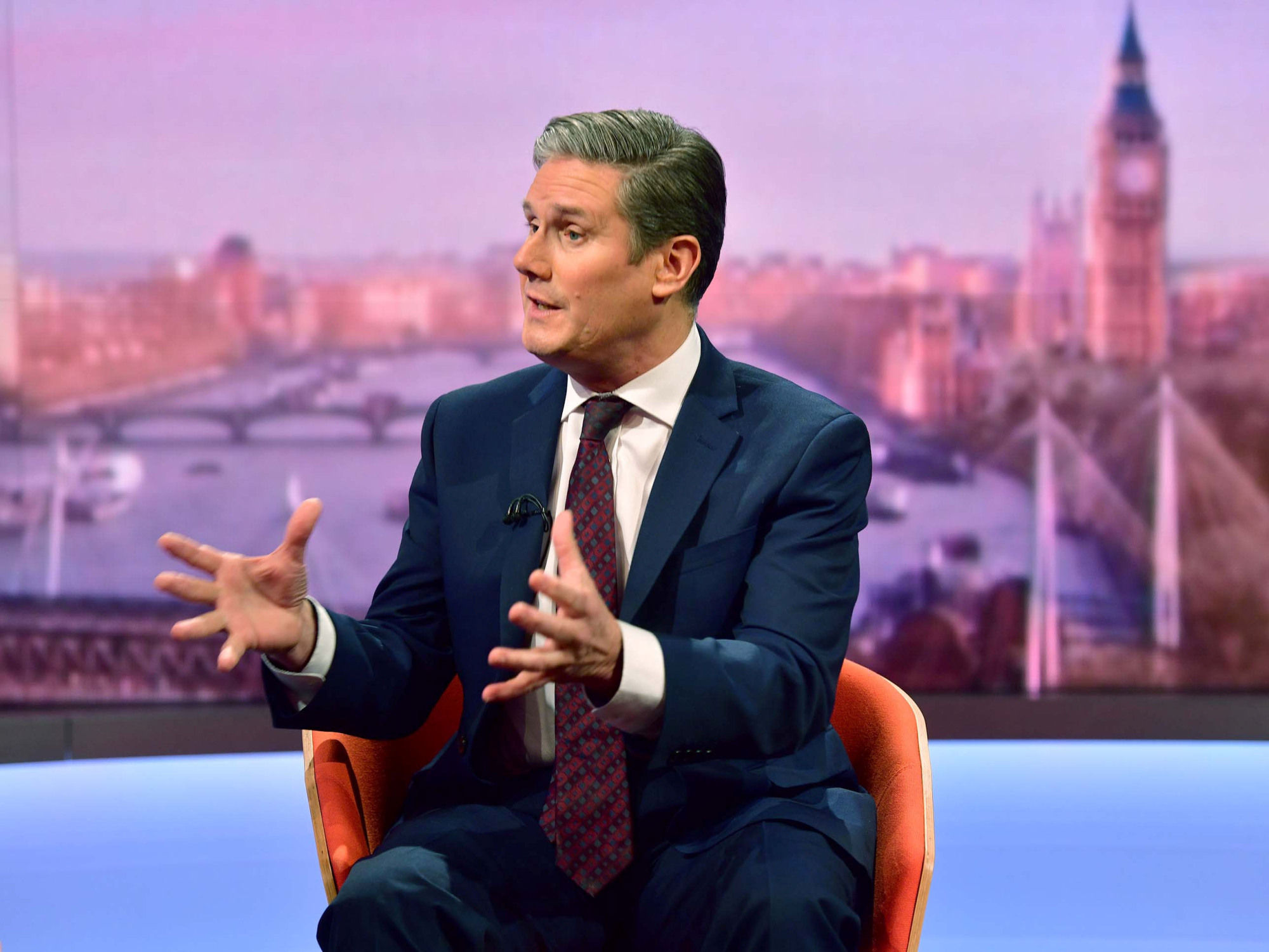It's tempting to ignore the Labour Party's leadership contest. Like a roadside accident, it almost seems indecent to look too closely and you have other places to be. Yet it's worth slowing down to take stock.
Opposition parties in democracies aren't some superfluous accessory. They hold the governing party to account, call attention to issues the government may overlook and promote the healthy competition of ideas. Britain's House of Commons is designed with opposing benches precisely to underscore that battle. It doesn't work if one set of benches is slouching toward oblivion.
Labour's job has become a lot more difficult after three straight election defeats. The party's first order of business as it selects a new leader is to decide why it lost so badly to Prime Minister Boris Johnson's Conservatives in December. But the campaign so far has been an exercise in avoidance, and the polarizing figure of Labour leader Jeremy Corbyn haunts the process.



















With your current subscription plan you can comment on stories. However, before writing your first comment, please create a display name in the Profile section of your subscriber account page.